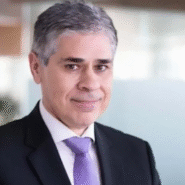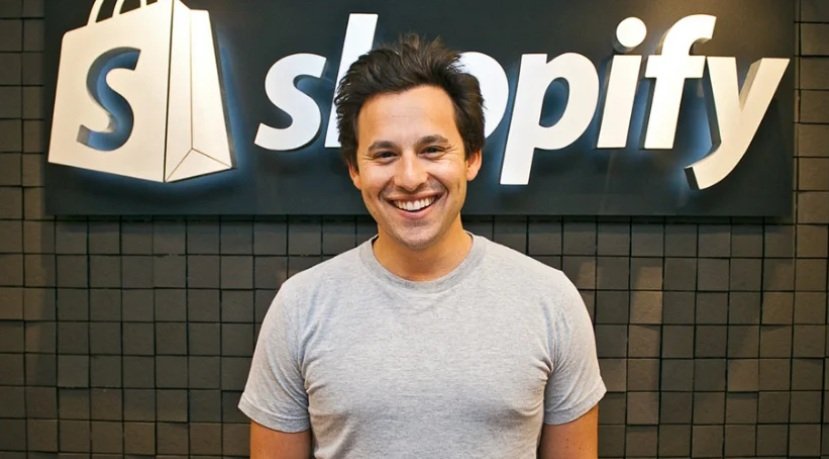Anthony Tan was born into a business-oriented family. His father served as CEO of Tan Chong Motor Holdings BHD, a major Nissan car distributor in Malaysia. After finishing secondary school, Tan studied Economics and Public Policy at the University of Chicago and later earned an MBA from Harvard Business School.
From family legacy to entrepreneurship
Initially, Tan seemed destined to follow the “easy path” by joining the family business. However, his entrepreneurial instinct pushed him to take a more challenging route. In 2012, while at Harvard, he co-founded his own company, Grab, together with a fellow MBA student.
GrabTaxi: the Malaysian version of Uber
The company began as GrabTaxi, a mobile app that connected taxi drivers with nearby passengers. To make the system work, Tan had to overcome multiple challenges, including technology adoption and licensing hurdles. A key obstacle was getting drivers to use smartphones, so Tan financed devices for them and personally trained drivers in how to use the app.
This move disappointed his family, who expected him to remain in the automotive business, but it laid the foundation for Southeast Asia’s leading tech platform. By 2014, Grab had secured $340 million in funding.
Transformation into Grab
In 2016, Tan rebranded the company as Grab, introducing new features like in-app chat, carpooling, and later a digital payments system. The platform expanded further into food delivery, scooter rentals, and financial services. In 2018, Grab absorbed Uber’s Southeast Asian operations, making Uber its largest single shareholder with a 13% stake.
By 2019, Grab had become the largest tech company in Southeast Asia, with millions of downloads and strategic partnerships with Mastercard, Marriott International, and healthcare providers.
Recognition and influence
Tan’s leadership brought him recognition in publications such as Fortune and The Straits Times. He was included among the “World’s 50 Greatest Leaders,” spoke at the World Economic Forum in 2019, and positioned Grab as the region’s first unicorn.
Today, Grab operates in eight countries, offering more than nine services, with over 6,000 employees and multiple subsidiaries. It has become a benchmark for technology in Southeast Asia, reshaping mobility, commerce, and digital payments.
The pride of building from scratch
Reflecting on his journey, Tan has expressed pride in creating something from nothing: “Building from a PowerPoint presentation and seeing the lives we impact is much more rewarding.” Despite early skepticism from his family, Tan proved his vision right.
From legal and licensing struggles to scaling across Southeast Asia, Anthony Tan has established himself as one of the region’s most influential entrepreneurs, transforming Grab into a symbol of innovation and resilience.








